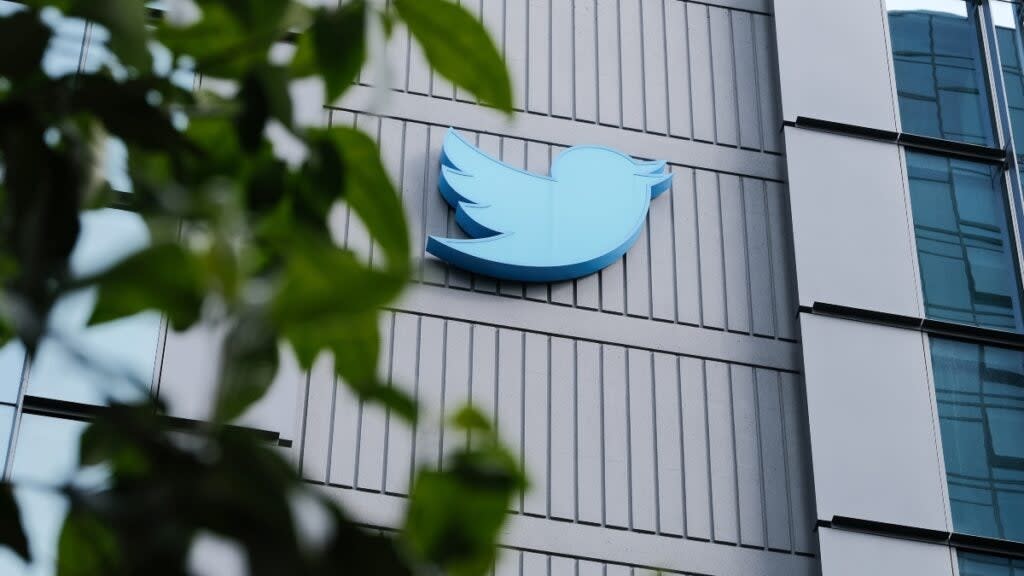Twitter Not Liable for ISIS Activity, Supreme Court Rules

Twitter won’t be held accountable for accusations it aided and abetted terrorism by not only allowing ISIS-produced content on its platform but profiting from it via advertisements. The accusations come from the family of Nawras Alassaf, who was killed in a 2017 terrorist attack carried out by an ISIS operative on the Istanbul nightclub Reina.
The family chose to sue Facebook, Google, and Twitter instead of ISIS, arguing that the platforms were allowing bad actors to recruit, push propaganda, and fund-raise. And while it is true that the massive platforms do inadvertently allow dangerous groups to operate, the Supreme Court stated that advertisements and algorithmically determined content appear agnostic regardless of content.
Essentially upholding the controversial Section 230, the Court ruled that platforms themselves are not guilty simply for affording anyone the means to communicate, much like email and cell phone companies are not at fault if someone dares to send a threatening message or make an incendiary phone call.
Also Read:
The Supreme Court Won’t Fix Section 230 for the Same Reason as Congress: It’s Political | Analysis
The ruling also states that “plaintiffs never allege that ISIS used defendants’ platforms to plan or coordinate the Reina attack,” further weakening the case against Twitter and co.
Should the case ruling have gone the other way, there was a widespread concern that free expression on the internet would have been in jeopardy. Had the Court vacated Section 230, platforms could be held responsible for every bit of content uploaded to them (which the Supreme Court noted is a staggering amount, citing Statista when referencing that 500 hours of video are uploaded to YouTube, 347,000 tweets and 510,000 messages are sent on Facebook every minute).
Gonzalez v. Google, another case wherein an ISIS victim’s family sued a Big Tech company (Google) for liability, was also dismissed, with the Supreme Court referencing its Twitter ruling in its explanation of its decision.
Also Read:
Supreme Court Rules Andy Warhol’s Prince Images Violated Photographer’s Copyright

